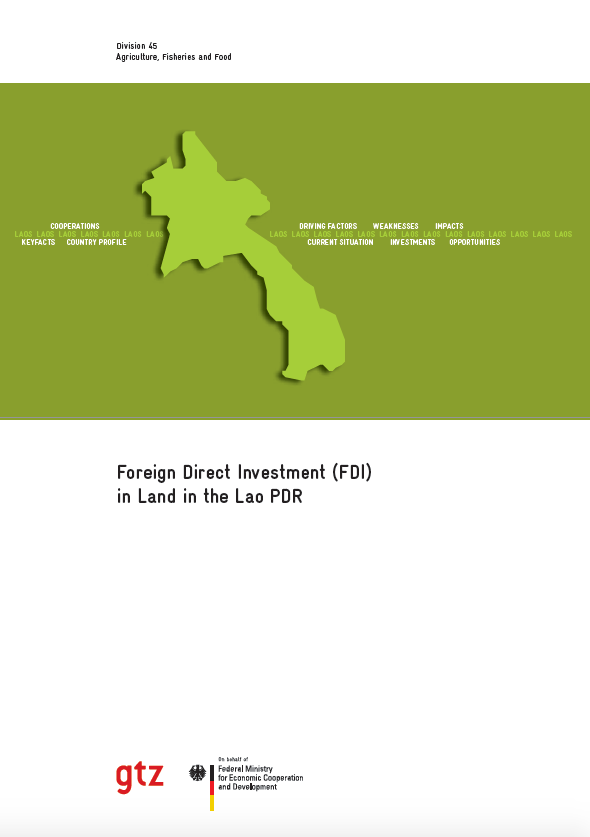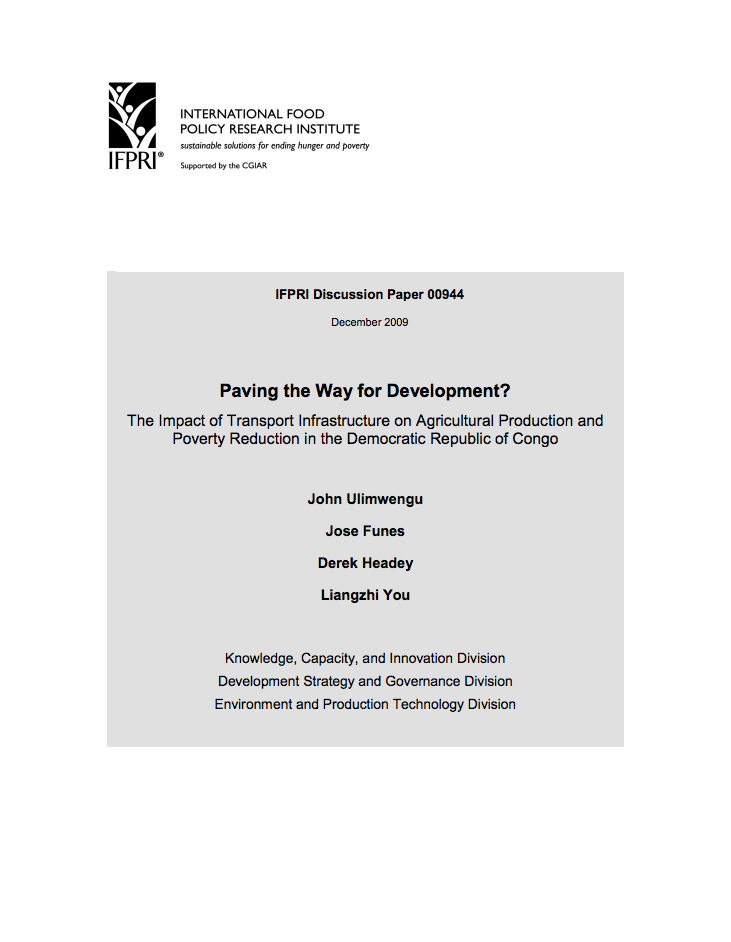Holding Our Ground: Land Confiscation in Arakan & Mon States, and Pa-O Area of Southern Shan State
INTRODUCTION: The following report has been compiled to bring to the attention of a wider audience many of the problems facing the people of Burma, especially its many ethnic nationalities. For many outside observers, Burma’s problems are confined simply to the ongoing incarceration of Nobel Laureate Daw Aung San Suu Kyi, the country’s democratically elected leader, and many other political prisoners. However, as we hope to show in the following report, this is only one of very many human rights abuses that provide obstacles to the people’s hope for democracy.




